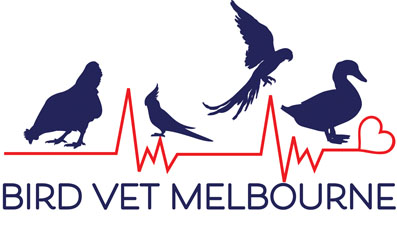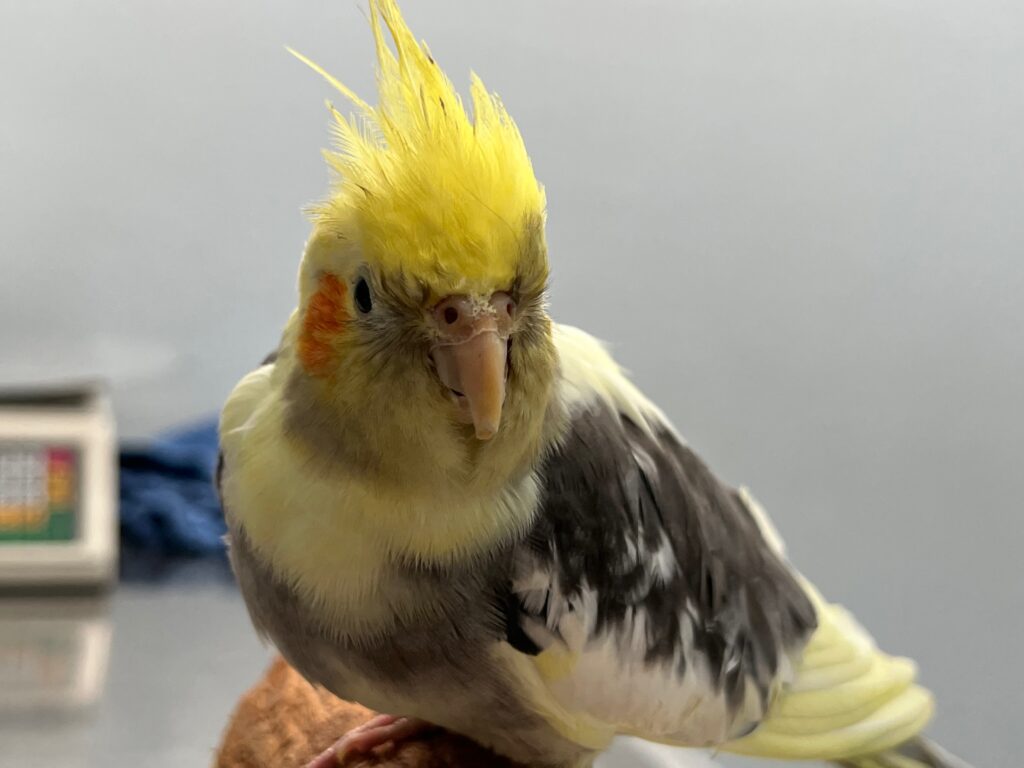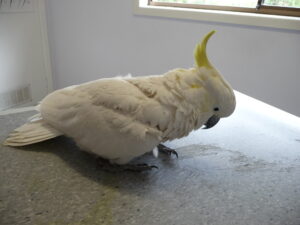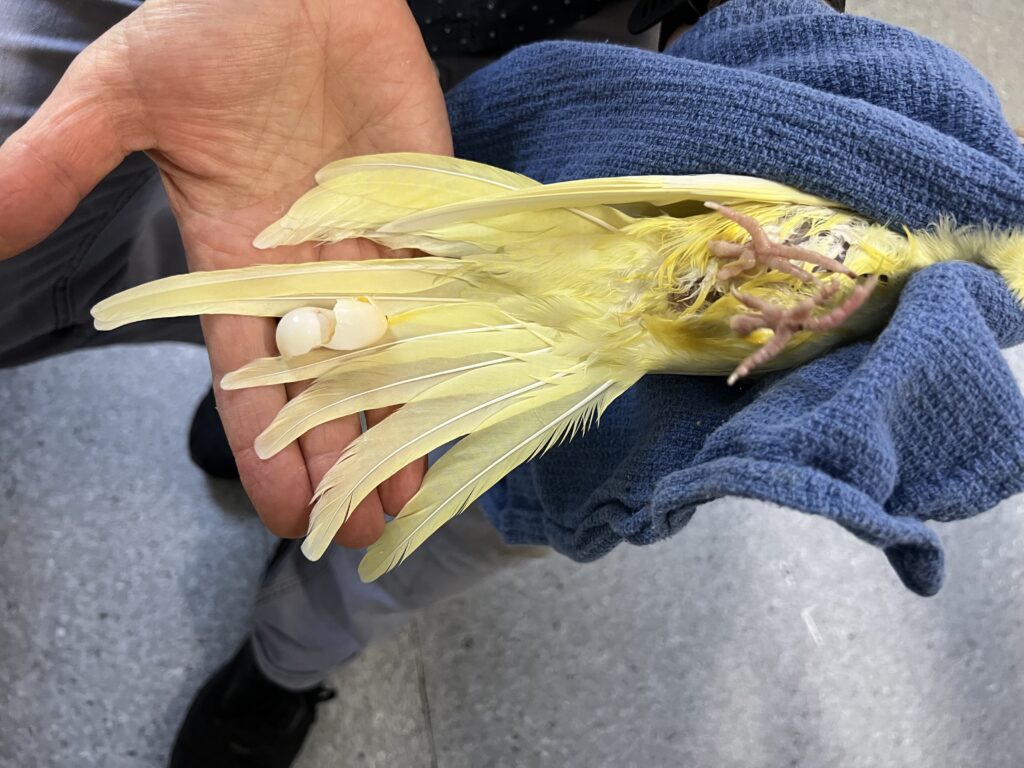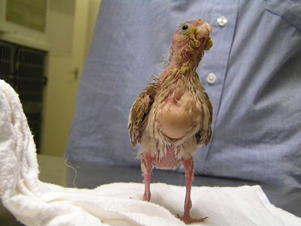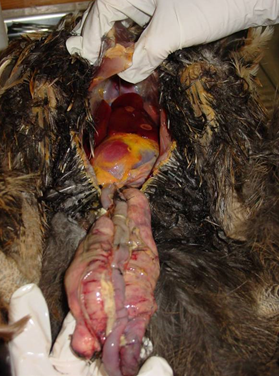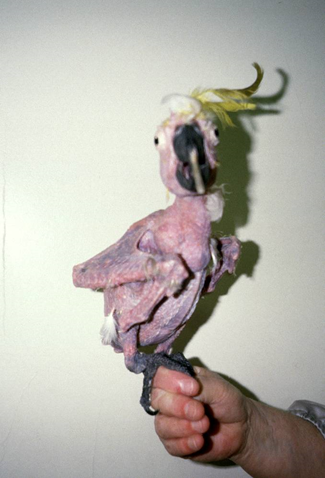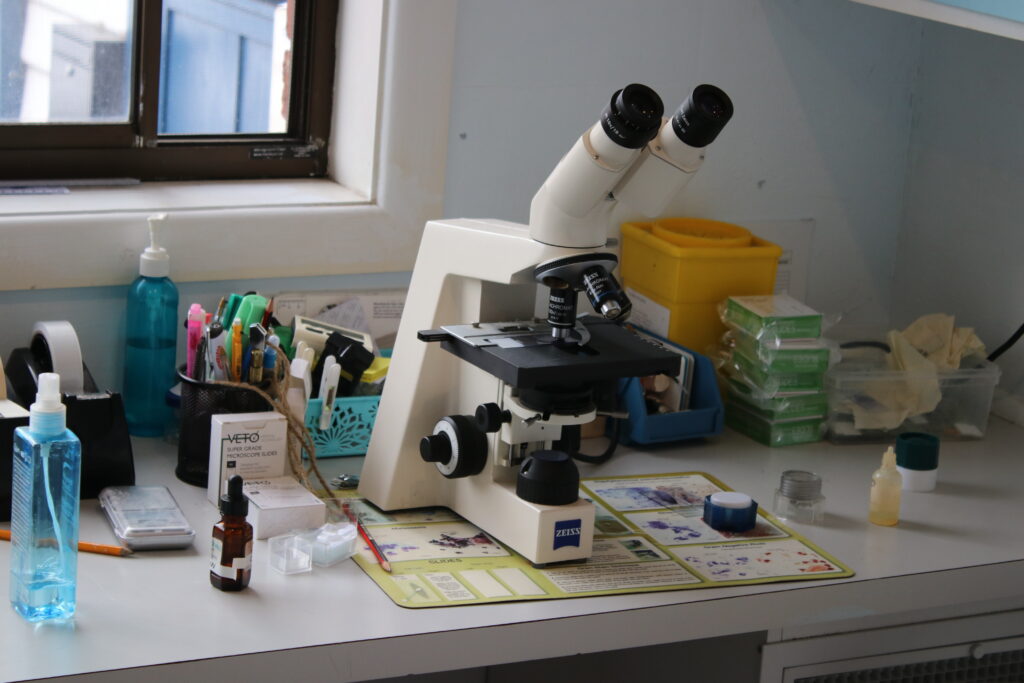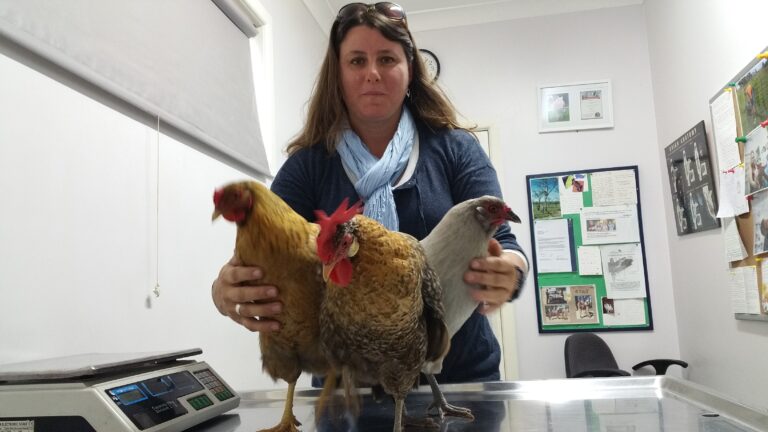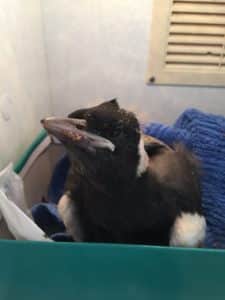Posts by Bird Vet Melbourne
Diabetes in Birds
Diabetic Cockatiel Diabetes Mellitus In Birds “Has my bird really got diabetes??? Doc you must be joking??? Why does a bird get diabetes???” Charlie was an 8-year-old male lutino cockatiel weighing 78.9 grams. He was a well loved pet that enjoyed freedom allowed out of his cage every day. He had a gutsy personality –…
Read MorePoisoning in Birds
Metal Toxicity in Birds If your bird has ingested something it shouldn’t have! If you believe your bird may have ingested something that could be poisonous you should take your bird to an avian Veterinarian. If caught early your bird-vet may be able to remove toxic material from your bird by irrigating the crop before…
Read MoreEgg Binding
What is Eggbinding? Egg binding is a serious condition that can occur in female birds when an egg gets stuck in the oviduct and she is unable to pass it. This can cause damage to internal tissue, bleeding, infection, prolapse, and even death. If you think your bird may have a stuck egg, please take…
Read MoreCandida and Aspergillus in Birds
Crop dilation associated with a Candida infection in a cockatiel chick Treatment of Fungal Diseases in Birds Candidiasis (‘thrush’, caused by Candida spp) and Aspergillosis (caused by Aspergillus spp) are fungal infections that occur in birds. It is important to know whether a disease is caused by a fungus or a bacteria as bacterial infections…
Read MoreBlackhead in Peacocks
Blackhead In Peacocks Peacock Blackhead -Treatment Blackhead (Histomoniasis) in Peacocks, Quail, Turkeys and Chickens Blackhead (Histomoniasis) is caused by an amoeba-like parasite, Histomonas meleagridis, that lives in the caeca of chicken, turkeys, quail, pheasants and other gallinaceous (chicken-like) birds. The caeca are blind portions of the intestine, the equivalent to the human appendix, which are…
Read MoreBeak and Feather Disease
Avian Vet Treatment for Beak and Feather Disease Circovirus / Psittacine (PBFD) is a tiny virus that can cause devastating disease, including damage to feathers, beaks and the immune system, especially in cockatoos and parrots, where it is called Psittacine Beak and Feather Disease (PBFD). Strains of the virus can also cause disease in canaries,…
Read MoreGiardia
Treatment and Prevention of Giardia In Birds What is giardiasis? Giardiasis is the term for infection with the protozoan Giardia. These are spherical parasites with four flagella at one pole and a single undulating membrane along one length. Where does Giardia live? Giardia attach to the intestines of their hosts. They have a motile trophozoite…
Read MoreHeavy Metal Poisoning
Blood lead testing machine for birds, in house at the Melbourne chicken vet, it uses 1/20th of a ml of blood and we routinely test blood lead levels in sick hens. Treatment and Prevention of Heavy Metal Poisoning in Birds How Does Heavy Metal Poisoning Occur? Since birds love to chew and generally have very…
Read MoreTrichomoniasis (Canker)
Trichomoniasis in a Tawny Frogmouth What is Trichomoniasis? Trichomonasis is an infection caused by a protozoan parasite called Trichomonas gallinum. It is also known as canker (in pigeons and budgerigars) or frounce (in raptors). Where does Trichomonas gallinum live? Trichomonas gallinum is usually found in the upper parts of the respiratory and digestive system –…
Read MoreWhat to Do If You Find Orphaned or Injured Wildlife
Baby Birds Baby birds (nestlings and fledglings) should be left in the wild when possible, their best chance of survival is if we don’t intervene unnecessarily. Parent birds will leave the nest to find food but the nestling (featherless) can get into trouble when they accidentally fall out of the nest. If you do see…
Read More